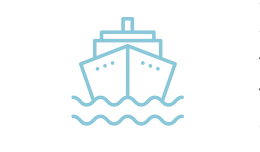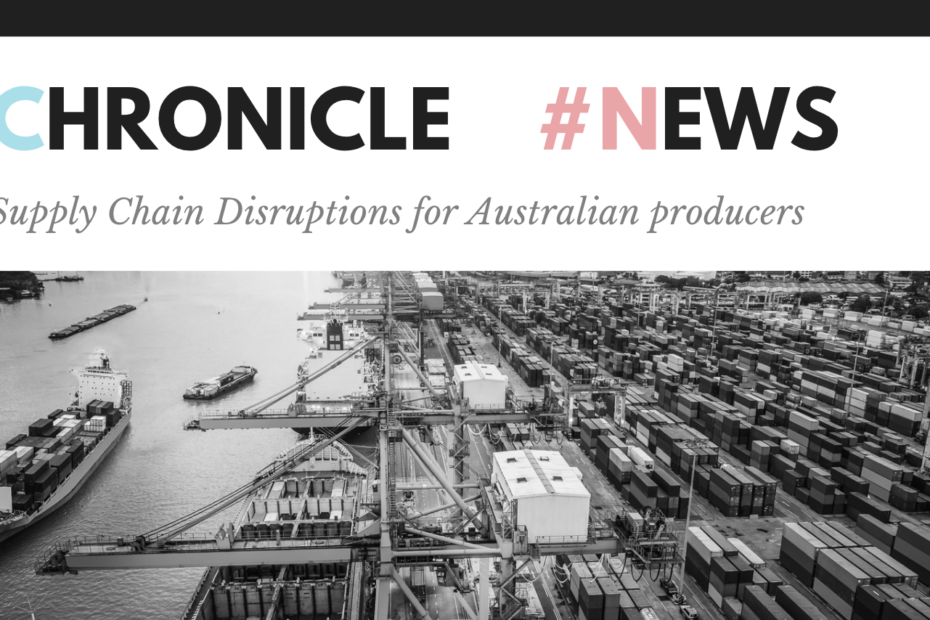As of February 2022, the Reserve bank of Australia (RBA, 2022) found that more than one third of Australian businesses are currently facing supply chain disruptions which include:
Current supply chain disruptions

Increased time to receive supplies and products

Increase in the price of transportation costs

Unable to source and substitute alternate suppliers for products
The above supply chain disruptions are predominately occurring as a result of economical and political factors that are occurring both nationally, and internationally. In recent years, Australian producers have been forced to respond and evolve to these external factors that have, and continue to affect their internal business operations.
External factors and the affects on the supply chain

As a result of the Russian-Ukraine war, fuel prices globally have increased by 11% in the last quarter, and by 35% in the last year (RBA, 2022).
This is the largest increase Australia has experienced since 1990, and is significantly affecting Australian producers, and businesses as transportation companies are passing on their increased production costs

As geographically Australia is located far away from other countries producers are often faced with high transportation costs. Likewise, importing and exporting goods internationally can be considered difficult and timely.
As a result of the Covid-19 pandemic, there have been shortages of shipping containers, explicitly to and from China. This has significantly increased the time for Australian producers to import supplies and export their products.
Likewise, the shortage of containers, in conjunction with the rising fuel prices has caused the rates to ship an overseas containers to threefold in the last year. Likewise, the shortage of containers, in conjunction with the rising fuel prices has caused the rates to ship an overseas containers to threefold in the last year. As of April 2021, container freight rates rose from $1500 to $5000. This is negatively affecting all Australian producers, as it is increasing their production costs and time, and reducing profit margins.

The Covid-19 pandemic has exacerbated the global shortage of truck drivers, which is significantly impacting businesses’ operations. Freight carriers are a critical component when it comes to the distribution of goods, and having fewer drivers means customers are having to wait longer to receive their orders. In the United States alone, there is expected to be a shortage of 160,000 truck drivers by 2030 (The Australian, 2020).


Since the start of the pandemic, online shopping nationally and internationally has rapidly increased, and this trend is expected to continue in future years. This change in consumers purchasing habits has lead to consumers expectations changes. For example, consumers expect their purchases to be delivered faster, and more efficiently.
In order to respond to the increasing supply chain uncertainties, it is advised that Australian producers reinvent their supply chains to ensure are more resilient and agile. This will ensure they are able to absorb, adapt to and recover from disruptions whenever and wherever they occur.

At eBottli, we’re experts in supply chain security and traceability. Whether you are a producer, supplier or transporter, traceability systems can assist your business in mitigating the risks of disruptions occurring within the business supply chain whilst creating greater trust and confidence within your stakeholders.

